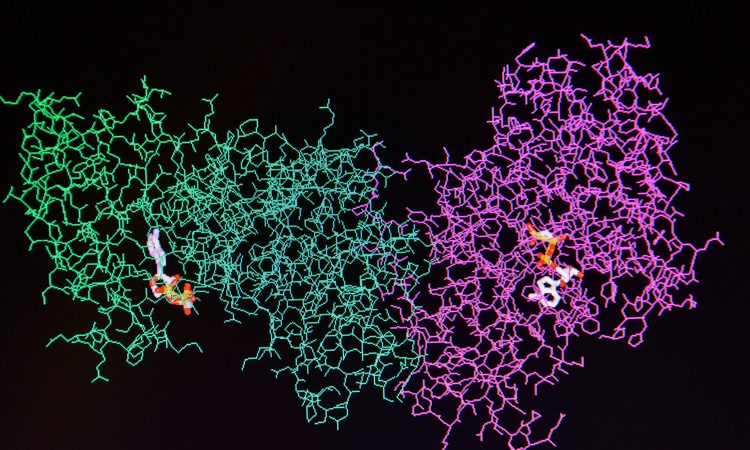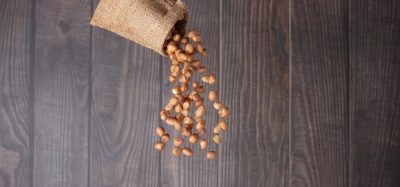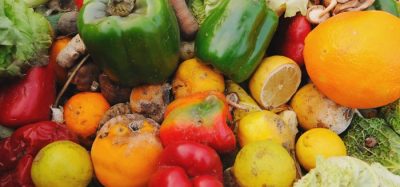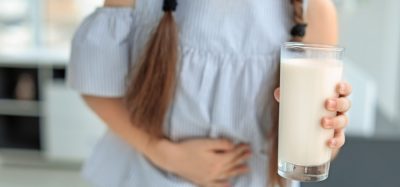2020 EU project to develop alternative proteins
- Like
- Digg
- Del
- Tumblr
- VKontakte
- Buffer
- Love This
- Odnoklassniki
- Meneame
- Blogger
- Amazon
- Yahoo Mail
- Gmail
- AOL
- Newsvine
- HackerNews
- Evernote
- MySpace
- Mail.ru
- Viadeo
- Line
- Comments
- Yummly
- SMS
- Viber
- Telegram
- Subscribe
- Skype
- Facebook Messenger
- Kakao
- LiveJournal
- Yammer
- Edgar
- Fintel
- Mix
- Instapaper
- Copy Link
Posted: 3 October 2019 | Sam Mehmet (New Food) | No comments yet
The new ‘future-proof’ protein foods will be made from plants, fungi, byproducts and residues.


A new EU project to develop alternative proteins will launch in January 2020. The range of new-protein will emerge from Smart Protein, a Horizon 2020 project funded by the European Commission.
A primary aim of the project is to help build a future-proof protein supply by creating sustainable and nutritious alternative proteins. This is in direct response to some of the most urgent challenges faced by the planet, including climate change and global food security.
It is expected that the first wave of products – including plant-based meats, fish, seafood, cheese, infant formula and other dairy products, as well as baked goods – will go to market in or around 2025.
“With the Smart Protein project, we are reconsidering the entire protein value chain from production to consumption in terms of both productive and environmental performance. We are also targeting soil-health restoration through organic regenerative agriculture practices that are able to shift from carbon-source to carbon-sink agriculture, which is more resilient to the effects of climate change and helps farmers’ long-term financial futures,” said Emanuele Zannini, Senior Research Officer with the University of Cork and the Lead Coordinator of Smart Protein.
A total of 33 partners from industry, research, and academia across 21 different countries will collaborate on the project, which is led by the School of Food and Nutritional Sciences at University College Cork in Ireland. Major collaborators include Fraunhofer, the University of Copenhagen, ProVeg International, Barilla, Thai Union, and AB InBev.
Smart Protein’s approach and strategy key focus is on byproducts and residues – ingredients that are usually used for animal feed. Microbial biomass proteins will be created from edible fungi by up-cycling side streams from pasta (pasta residues), bread (bread crusts), and beer (spent yeast and malting rootlets).
New products will also be developed from plants, including fava beans, lentils, chickpeas, and quinoa – with a focus on improving their structure, taste and flavour. Investigations into cost-effective protein extraction, protein chemistry, polymeric structure, physicochemical behaviour and protein-protein interaction will be carried out in order to maximise the functionality of these proteins and customise their usage in food and drinks.
“These innovative techniques and processes have not been deployed on a project of this type and scale before, and the potential positive impact for the planet cannot be underestimated. By up-cycling byproducts and residues to produce edible protein for human consumption, we are taking huge strides towards a much-needed circular economy that can truly feed our rapidly-growing population,” said Verena Wiederkehr, International Head of Food Industry & Retail for ProVeg International.
Related topics
Food Security, Food Waste, Health & Nutrition, Ingredients, Product Development, Proteins & alternative proteins, Research & development, Sustainability
Related organisations
AB InBev, Barilla, EU, Fraunhofer, ProVeg International, Thai Union, the University of Copenhagen








